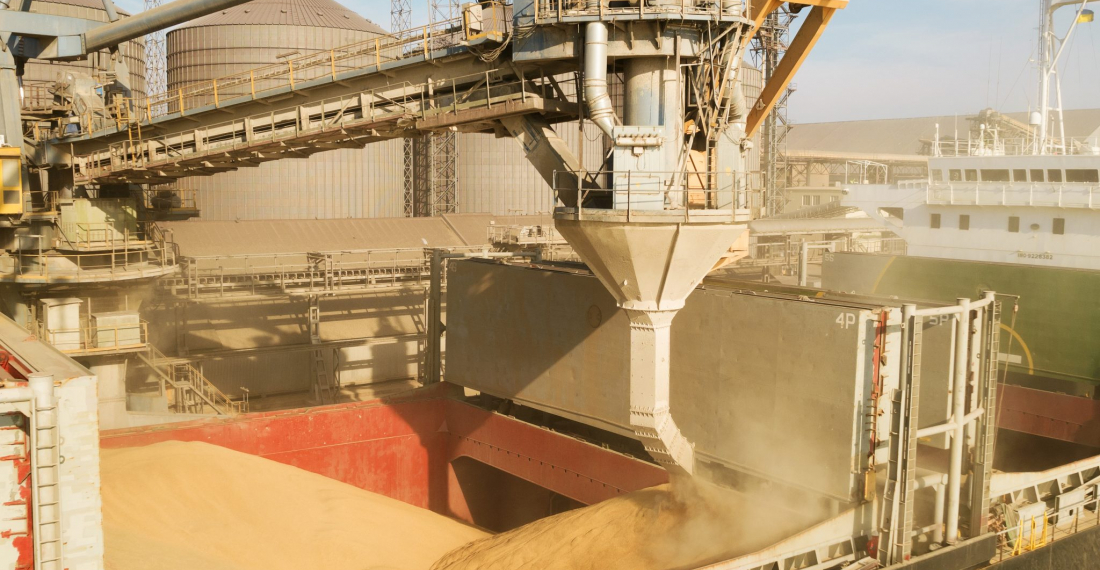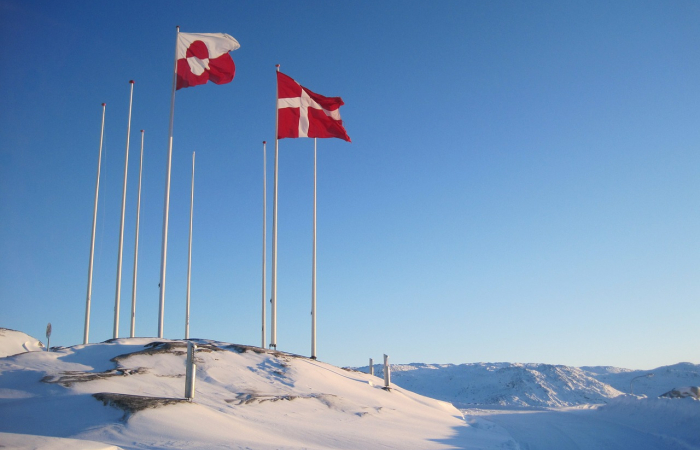The agreement between Ukraine and Russia on the safe export of Ukrainian grain and other farm products from the Black Sea will be extended by 120 days. This news was announced by Ukrainian President Volodymyr Zelenskyy and Ukrainian Minister of Infrastructure Oleksandr Kubrakov on Thursday (17 November). Türkiye and the United Nations confirmed the extension of the grain deal, initially reached in July. Russia has not yet officially announced the news. They didn’t specify whether Russia would seek to add new conditions in return for the extension or any other details.
"This decision was just taken in Istanbul. The United Nations and Türkiye remain guarantors of the Initiative,” Ukrainian Minister of Infrastructure said. UN Secretary-General António Guterres also welcomed the decision on Thursday morning. Guterres said the UN will also work with all its might to facilitate food and fertiliser exports from Russia - a crucial part of the July reached deal with Moscow.
In the first months of the war, Russia blocked Ukrainian ports along the Black Sea. To prevent exports of grain and farm products from grinding to a halt, leaving poor countries in particular with severe shortages, Russia and Ukraine concluded the agreement on shipping routes in July. Late last month, Russia briefly withdrew from the grain agreement in response to an alleged Ukrainian attack on Russia-annexed Crimea.






